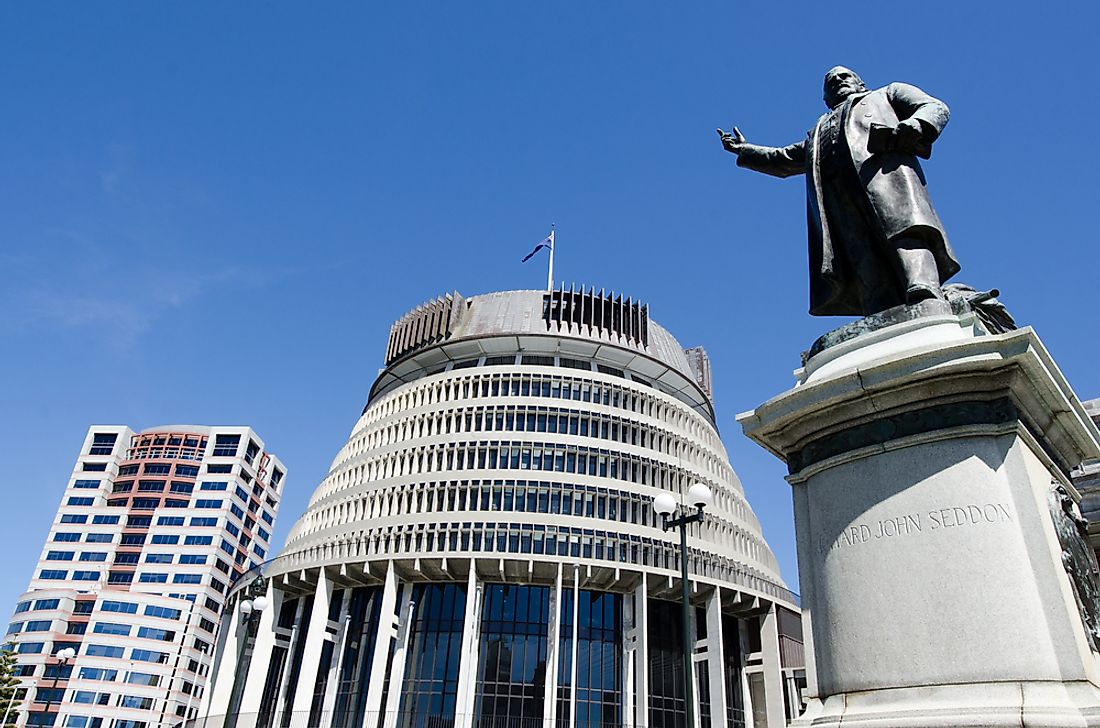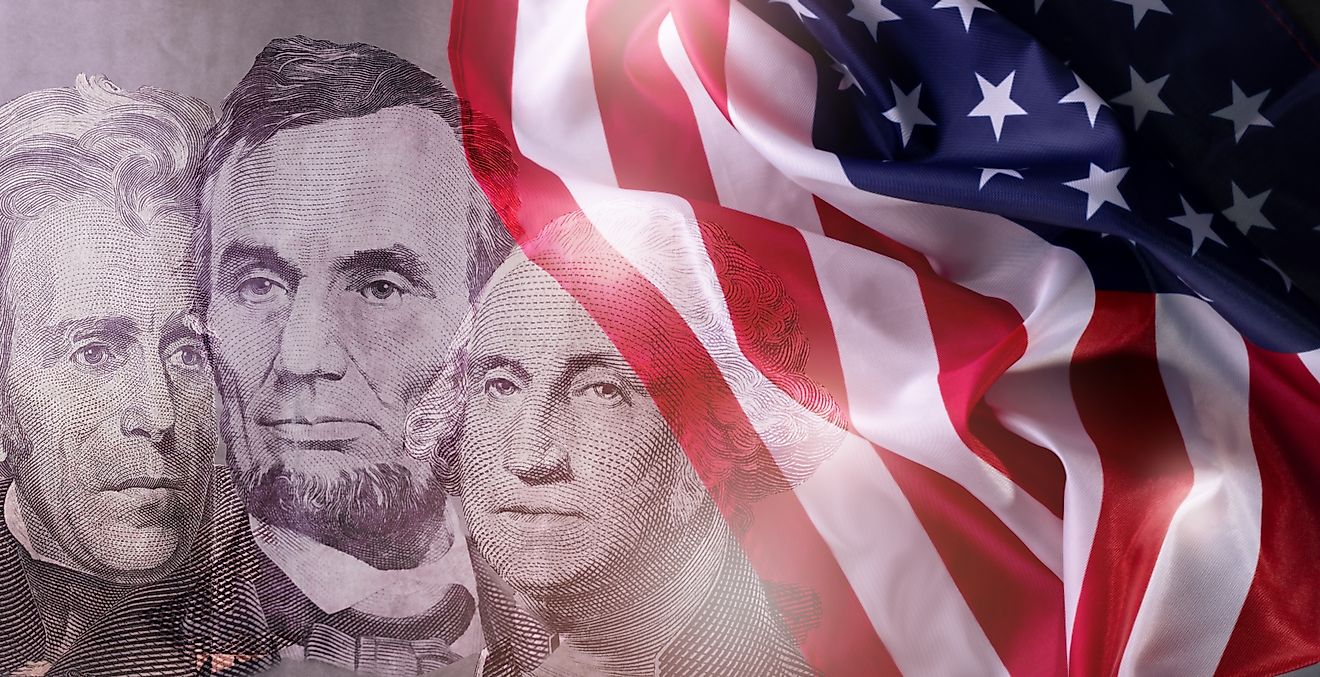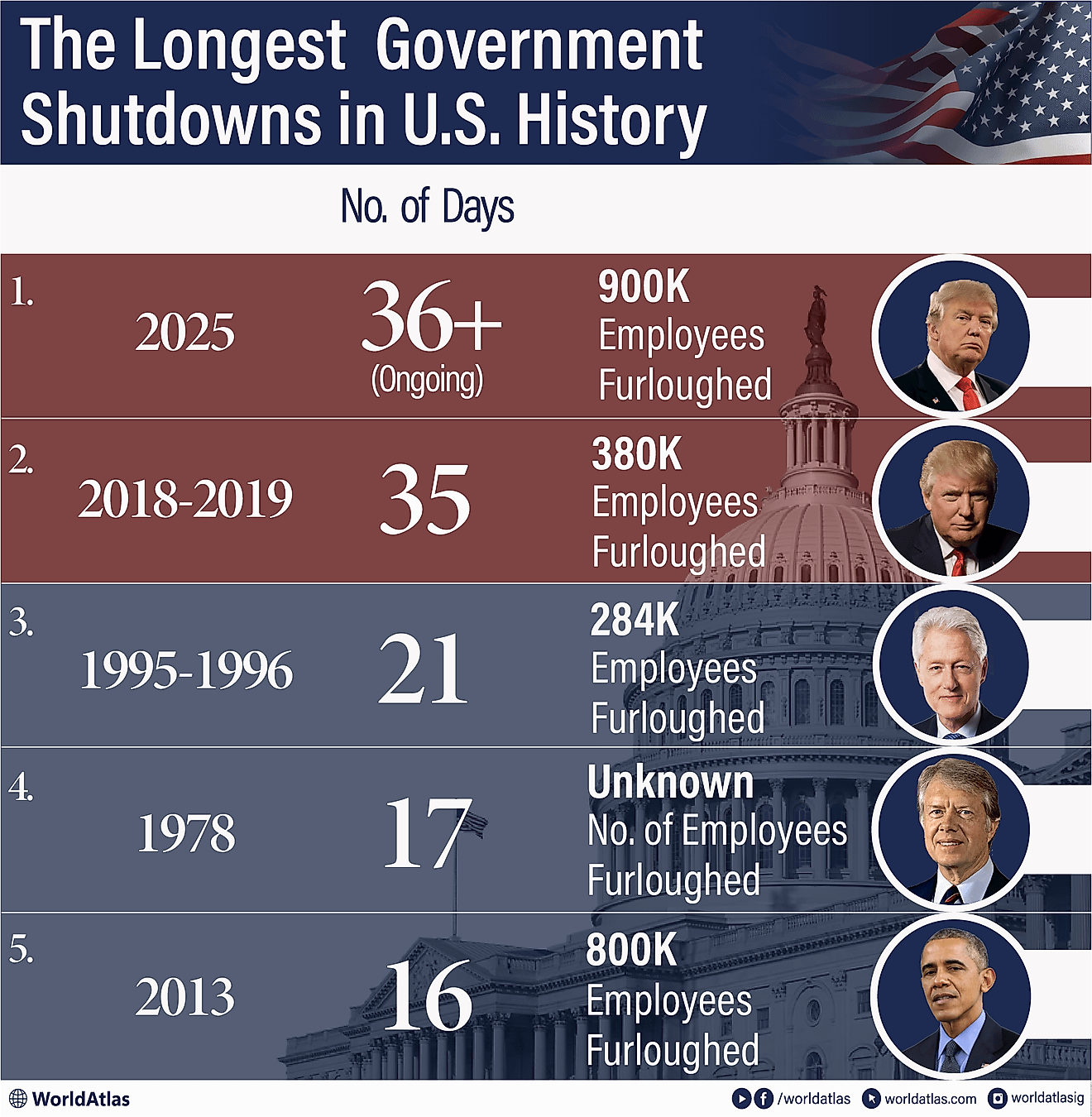What Type Of Government Does New Zealand Have?

New Zealand has a constitutional monarchy system of government, and the chief of state is Queen Elizabeth II. Unlike most countries, New Zealand has no written constitution. Instead, acts of parliament serve as law in addition to decisions of the courts, documents issued by authority of the sovereign chief of state, unwritten constitutional conventions, English law, and pertinent acts of parliament from the UK.
Governor General Of New Zealand
The governor general represents the sovereignty of New Zealand and is the commander-in-chief of the country. They are appointed by the queen upon advice from the prime minister. The governor general is mandated to execute constitutional and ceremonial responsibilities within the country. The governor general relies upon the advice of the prime minister to carry out the duties as long as the prime minister enjoys the confidence of the House of Representatives. Some of the tasks of the governor general include summoning and dissolving parliament, presiding over the Executive Council, granting Royal Assent for a bill to become law, appointing the cabinet ministers, making state visits to other countries, and hosting other heads of state.
Executive Power In New Zealand
Executive power in the country rests with the prime minister and ministers. The prime minister commands the support of the majority of elected members of parliament. The prime minister chooses the ministers to form the cabinet and submits them to the governor general for approval. Once approved, the government is officially formed. The executive is responsible for the running of the country, and it tables laws in parliament. It also determines government policies and decides on the areas where the state should channel money. The prime minister and ministers are responsible to parliament, both collectively and individually. Government agencies are also instituted to help the executive implement its objectives.
Parliament Of New Zealand
New Zealand has a unicameral parliamentary system, which means it is made up of only one house. 120 members sit in the house of representatives who are voted in using the mixed member proportional voting system. Elections are held at three-year intervals, and a person gets two votes, one for the political party and another for the MP. Several committees are constituted by members of parliament to scrutinize the actions of the government. The country’s parliament is the supreme decision-making institution. It makes new laws and amends old ones after holding debates. The members of parliament represent the ideas and concerns of the general public. The house also examines and approves government spending and revenues. The parliament acts as a check on the executive and can issue a vote of no confidence to the government in power.
Judiciary Of New Zealand
The interpretation of the country’s law and dispute resolution in the nation is carried out by a network of courts. Appeals from the lower and district courts are dealt with in the high court. The high court refers appeals to the court of appeal and then to the supreme court, which is the highest court. The chief justice oversees the judicial system, and the appointment comes from the governor general acting on advice from the prime minister. The chief justice together with the attorney-general and the solicitor-general advise the governor-general on superior court judges’ appointments.











